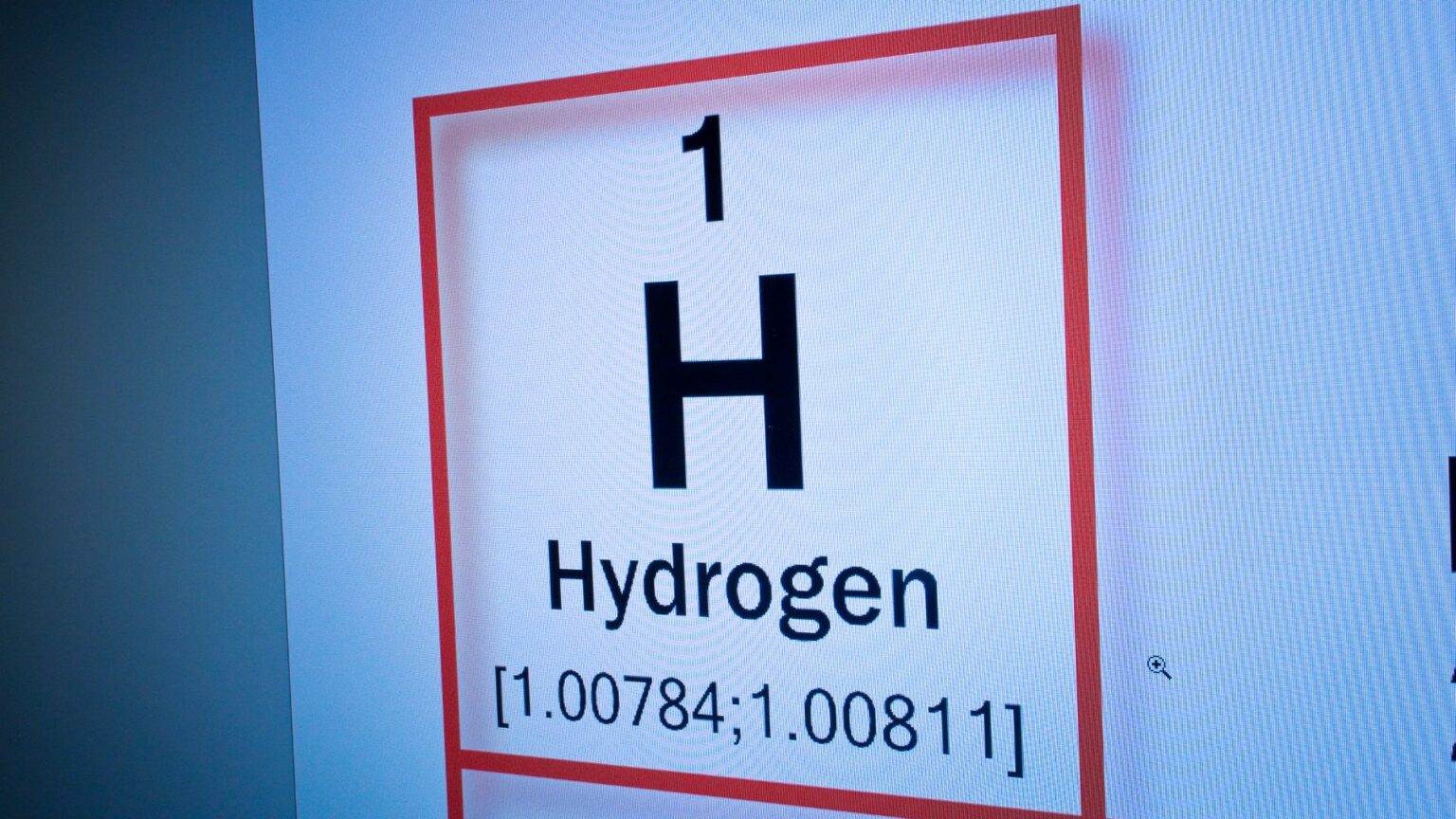The French company HDF Energy (Hydrogène de France) has signed a memorandum of understanding with Tunisia’s Minister of Industry, Mines, and Energy, Fatma Thabet Chiboub.
This agreement paves the way for launching a large-scale green hydrogen production project in the North African country. According to a press release from the company, the project plans to invest a total of three billion euros.
Hdf Energy aims to develop a 1-gigawatt wind energy plant, a 500-megawatt photovoltaic plant, and an 800-megawatt electrolysis plant. This setup will be capable of producing 65,000 tons of green hydrogen annually. A significant portion of this output is intended for export to Europe via the future SoutH2 Corridor hydrogen pipeline. This pipeline will connect North Africa with Germany, passing through Italy and Austria, and involves the Italian energy transmission operator Snam in its construction.
“The project,” emphasizes Hdf Energy, “will directly involve local investors and communities, generating a positive impact on the Tunisian economy.” The memorandum is one of six recently signed by Tunisia with foreign companies regarding hydrogen production. It was signed on July 29 by Minister Fatma Thabet Chiboub and Hdf Energy’s VP for Emea, Gilles Bouder, in the presence of several Tunisian institutional representatives.
“With the signing of these six agreements, Tunisia aims to implement its strategy on green hydrogen and derivatives by attracting investments and leveraging its natural resources and existing energy and industrial infrastructure,” Chiboub explained. Tunisia targets producing 8.3 million tons of hydrogen and derivatives annually by 2050, with 2.3 million tons for the local market and six million for export. The total estimated investment is around 120 billion euros.
“The signing of this memorandum solidifies HDF’s position as a global leader in the green hydrogen supply chain,” Bouder stated. “We are honored by the recognition from Tunisia’s Ministry of Industry, Mines, and Energy. Our goal is not only to carry out a project in Tunisia but to develop a genuinely Tunisian project that values local skills and experiences,” he concluded.
